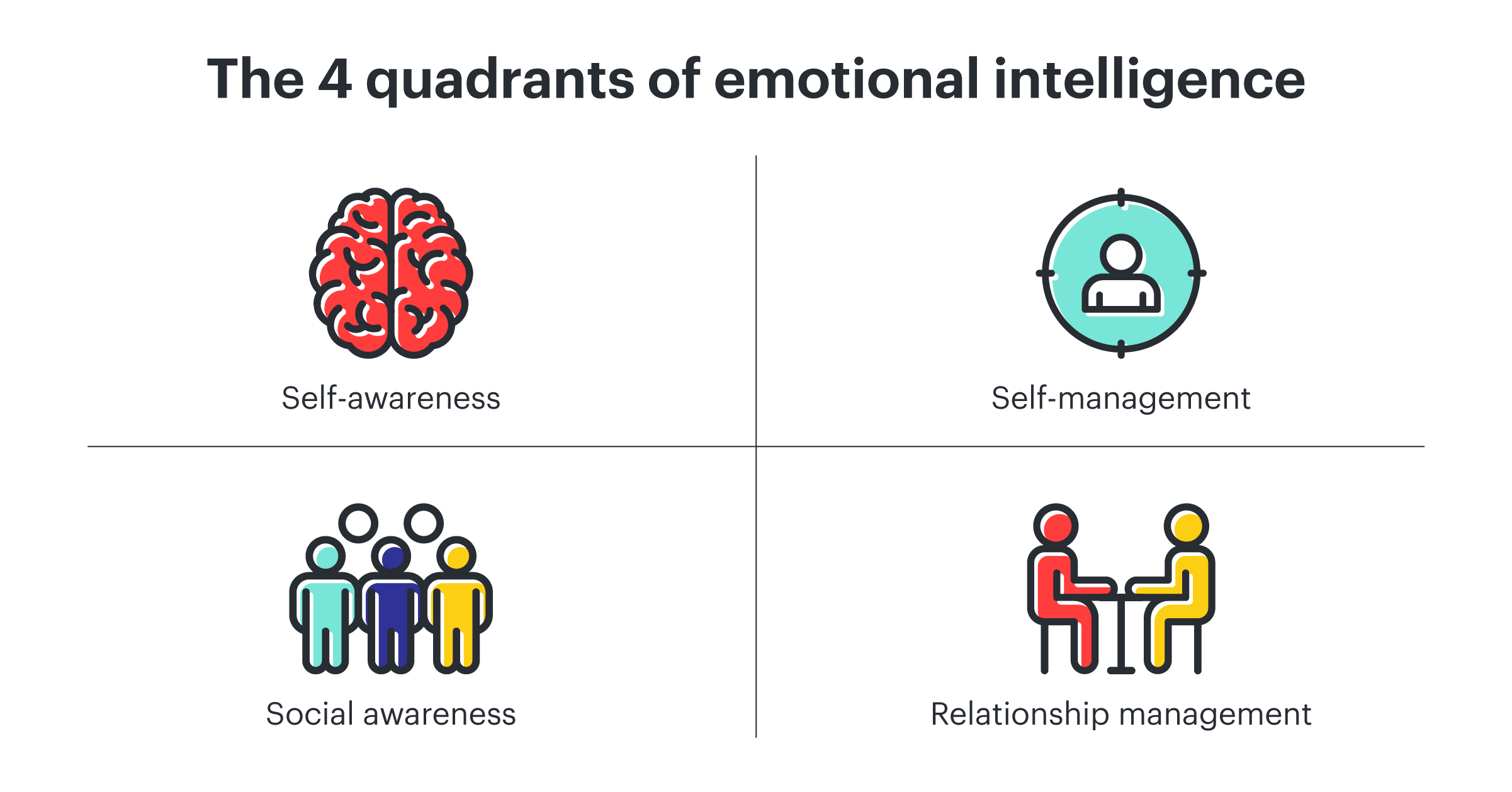The Importance of Emotional Intelligence in Leadership
In today’s fast-paced and ever-changing world, leadership is more crucial than ever. Leaders are not only responsible for guiding their teams towards success but also for creating a positive work environment that fosters growth and innovation. One key component of effective leadership that often gets overlooked is emotional intelligence.
What is Emotional Intelligence?
Emotional intelligence, often referred to as EQ, is the ability to recognize, understand, and manage our own emotions and the emotions of others. It involves being self-aware, empathetic, and socially skilled. Leaders with high emotional intelligence are better able to navigate complex interpersonal dynamics, communicate effectively, and inspire trust and collaboration.
The Impact of Emotional Intelligence on Leadership
Research has shown that leaders with high emotional intelligence are more successful in their roles. They are better able to handle stress, make sound decisions, and build strong relationships with their team members. By being attuned to their own emotions and those of others, emotionally intelligent leaders can create a positive work culture that encourages open communication, creativity, and productivity.
Key Traits of Emotionally Intelligent Leaders
Self-awareness: Emotionally intelligent leaders are in tune with their own emotions, strengths, and weaknesses. They are able to manage their emotions effectively and remain calm under pressure.
Empathy: They have the ability to understand and relate to the emotions of others. This allows them to build trust and rapport with their team members.
Social skills: Emotionally intelligent leaders are skilled communicators who can resolve conflicts, motivate their team, and build strong relationships.
Adaptability: They are flexible and able to adjust their leadership style to fit the needs of their team and the situation.
How to Develop Emotional Intelligence as a Leader
Fortunately, emotional intelligence is not a fixed trait but can be developed and strengthened over time. Here are some tips for improving your emotional intelligence as a leader:
Practice self-reflection and mindfulness to increase self-awareness.
Seek feedback from others to gain valuable insights into how your emotions impact your leadership style.
Work on improving your communication and listening skills to better understand the emotions of others.
Take time to build strong relationships with your team members and show empathy towards their feelings and concerns.
Continuously seek opportunities for personal growth and development to enhance your emotional intelligence.
Conclusion
Emotional intelligence is a crucial aspect of effective leadership. By developing your emotional intelligence skills, you can become a more successful and impactful leader who can inspire and motivate your team to achieve greatness. Remember, leadership is not just about technical skills and knowledge but also about understanding and managing emotions to create a positive work environment.


